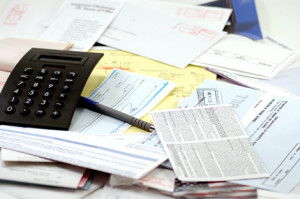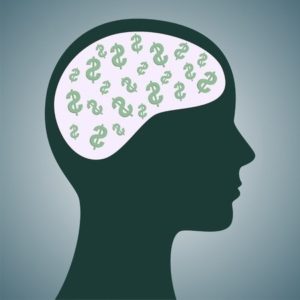 Today’s top story: How the pandemic has shaken up retirement. Also in the news: 6 steps for financial spring cleaning, what to know if you’re listing your home in 2021, and how to avoid having to pay back the $3600 child tax credit.
Today’s top story: How the pandemic has shaken up retirement. Also in the news: 6 steps for financial spring cleaning, what to know if you’re listing your home in 2021, and how to avoid having to pay back the $3600 child tax credit.
How the Pandemic Has Shaken Up Retirement
When to retire isn’t always in our control, but too early an exit can bring financial instability.
6 Steps for Financial Spring Cleaning, Pandemic-Style
This year, spring cleaning includes reevaluating your budget, updating insurance and setting new goals.
Listing Your Home in 2021? Here’s What to Know
Roughly 1 in 6 (17%) homeowners plan on selling their home in the next 18 months.
How To Avoid Having to Pay Back the $3,600 Child Tax Credit
Find out how the credit works.
 Today’s top story: How to handle debt in an unequal recovery. Also in the news: 6 ways to save at the pump, worrying about the right thing with estate taxes, and 4 in 10 Americans are struggling financially one year after the pandemic began.
Today’s top story: How to handle debt in an unequal recovery. Also in the news: 6 ways to save at the pump, worrying about the right thing with estate taxes, and 4 in 10 Americans are struggling financially one year after the pandemic began.  Today’s top story: Why you may not want to be an executor. Also in the news: 5 ways to foil catalytic converter thieves, 3 money habits to carry forward from the pandemic era, and how to avoid fees when paying your taxes.
Today’s top story: Why you may not want to be an executor. Also in the news: 5 ways to foil catalytic converter thieves, 3 money habits to carry forward from the pandemic era, and how to avoid fees when paying your taxes.  Today’s top story: How to prioritize debt payments in the pandemic. Also in the news: The fairness of airline fees, the influence of 2020 on investing, and how to avoid paying certain car dealership fees.
Today’s top story: How to prioritize debt payments in the pandemic. Also in the news: The fairness of airline fees, the influence of 2020 on investing, and how to avoid paying certain car dealership fees.